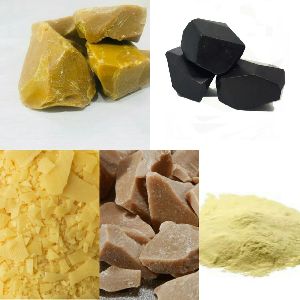
The internet seems to be somewhat dry on this subject.

I also wanted to know whether there are natural or synthetic chemicals that would be a suitable alternative in terms of health issues/benefits or ecological dependencies. I wanted to understand whether it’s something worth avoiding or not. So because I was under the impression that it was a healthier alternative, I decided to investigate the matter a little further. It also involves the various ecological knock-on effects that harvesting the wax may have on the environment.
#CARNAUBA WAX SAFE TO EAT SERIES#
The series of reasons always seems to include possible negative health effects. However, in recent times, I’ve come across articles or spoken to people who seemed to be against the idea of using carnauba wax or products that contain carnauba wax. It’s even an addition to certain natural oils such as coconut oil as a means of increasing the volume per product. This applies to certain foods, sweets, and various industrial products (such as sealants, polishes, adhesives and molding agents). This is in order to strengthen its use as an industrial agent. Yet the truth is that companies often blend it with synthetic chemicals. It is a natural product that is generally safer than petroleum-based waxes.

According to a 2019 study, carnauba wax is popular due to the fact that “carnauba wax is the hardest wax and has the highest melting point of any commercial natural wax, has low solubility and is predominantly comprised of aliphatic esters and diesters of cinnamic acid”. However, many of us are largely unaware of just how many different uses this wax has. You can use it for a variety of products and applications. Many see it as a safe and healthy alternative to a wide variety of chemical-based waxes. Some of you in the homeopathic circles may have had some experience with carnauba wax.


 0 kommentar(er)
0 kommentar(er)
